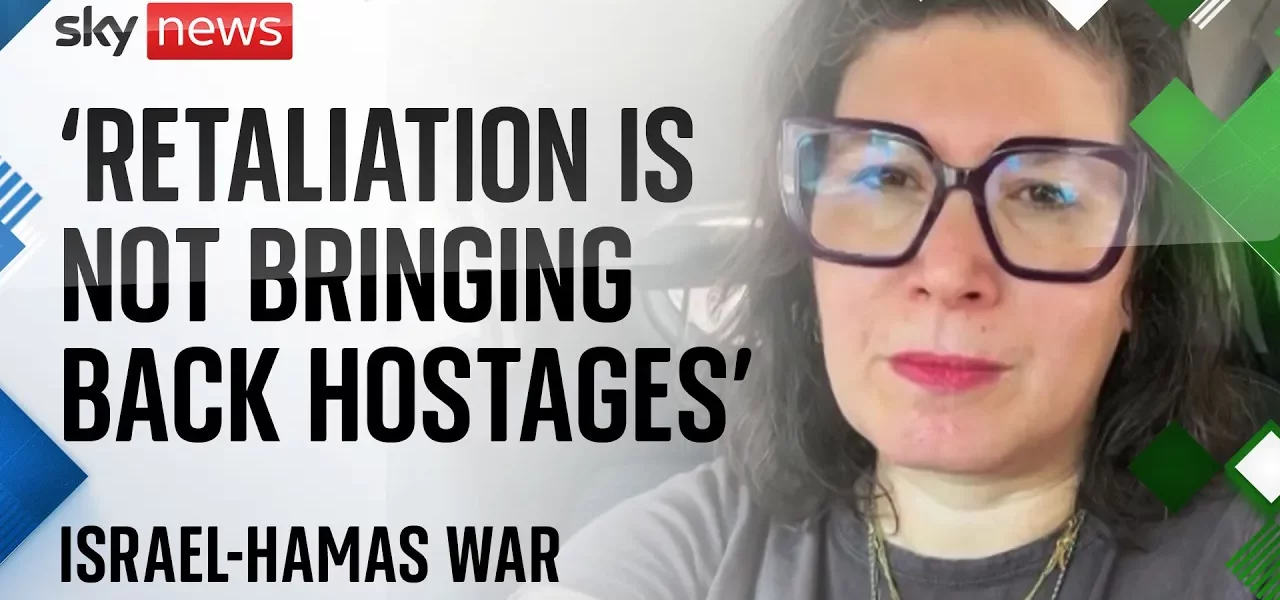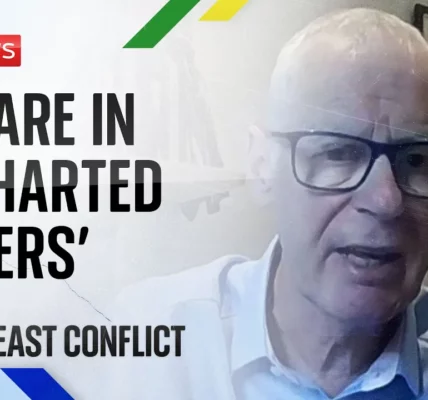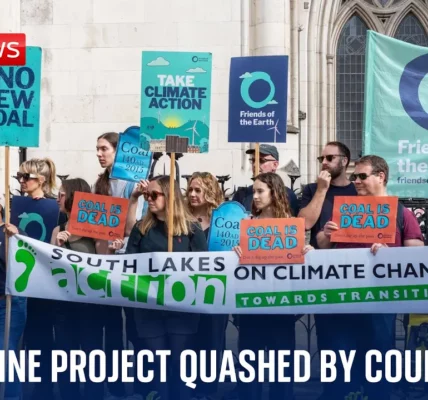Major Repercussions Following the Assassination of Hamas Leader Ishir

This article explores the recent developments in the Middle East, highlighting the assassination of Hamas leader Ishir, the status of hostages, and the broader implications for regional security and international relations.
Introduction
The assassination of Hamas leader Ishir has sent shockwaves throughout the Middle East, raising fears of escalating violence and further complicating the already dire situation regarding hostages. As tensions rise, the implications for political negotiations and the security of the region are becoming increasingly concerning. This article delves into the various facets of this complex issue, seeking to provide a comprehensive understanding of the ongoing crisis and its potential resolutions.
The Assassination of Ishir: Background and Immediate Reactions
The recent airstrike that resulted in the death of Ishir, a prominent political figure within Hamas, has led to widespread condemnation and threats of retaliation from Hamas. The ramifications of his death are profound, potentially stalling negotiations aimed at securing the release of hostages still in captivity.
Political Context
Ishir was known to be a key negotiator for Hamas during talks concerning the hostages held since October 7. His assassination not only eliminates a pivotal player in future negotiations but also intensifies the already fraught relationship between Hamas and Israel.
Reactions from Hamas and Israel
- Hamas has warned of “major repercussions” following Ishir’s death.
- Israeli officials maintain that the airstrike was a necessary action in the ongoing conflict.
The Hostage Crisis: Personal Stories and Broader Implications
The ongoing hostage situation remains a critical concern for families and the international community alike. The toll on those affected is immense, with families living in a state of uncertainty and fear as negotiations seem to stall.
Personal Impact of Hostage Situations
Dr. CH Lkis, whose mother was released while his father remains captive, speaks to the emotional turmoil experienced by families of hostages. His insights highlight the psychological strain of living with such uncertainty:
- The daily emotional struggle of coping without knowing the fate of loved ones.
- The desire for resolution and the difficulty of maintaining hope amidst ongoing violence.
- The importance of national and international support in advocating for the return of hostages.
International Response and Diplomatic Efforts
As tensions escalate, several countries, including the United States and Qatar, are stepping up their diplomatic efforts to mediate the situation. The international community’s role is crucial in finding a sustainable solution to the crisis.
The Role of the United States
The United States has historically played a key role in Middle Eastern diplomacy. In light of recent events, the U.S. is under pressure to facilitate the return of hostages:
- Calls for the U.S. to advocate for a ceasefire as a precursor to negotiations.
- The necessity for the U.S. to balance its support for Israel with humanitarian considerations.
Efforts by Qatar and Other Nations
Qatar has emerged as a significant mediator, leveraging its relationships with Hamas to foster dialogue. The importance of regional players in facilitating peace cannot be understated.
The Path Forward: Ceasefire and Long-Term Solutions
To achieve lasting stability, it is imperative that all parties involved recognize the need for a ceasefire and engage in meaningful dialogue. The complexity of the situation requires a multifaceted approach that balances security needs with humanitarian considerations.
Challenges Ahead
While there is a political will to reach a ceasefire, significant hurdles remain:
- The internal political dynamics within Israel and Hamas.
- The need for mutual trust, which is currently lacking.
Steps Towards Stability
- Establishing a ceasefire agreement to halt hostilities.
- Engaging in negotiations that prioritize the return of hostages.
- Involving international stakeholders to ensure a balanced approach to security and humanitarian needs.
Conclusion
The recent developments surrounding the assassination of Hamas leader Ishir and the ongoing hostage crisis underscore the urgent need for a diplomatic resolution in the Middle East. As families await the return of their loved ones, it is crucial for the international community to remain engaged and push for a ceasefire and long-term solutions. We must not forget the human cost of this conflict; the time for action is now. For those interested in further developments, stay tuned to our updates on this evolving situation.
For more insights on related topics, consider reading our articles on The Hostage Crisis in the Middle East and International Relations in Conflict Zones.
“`




